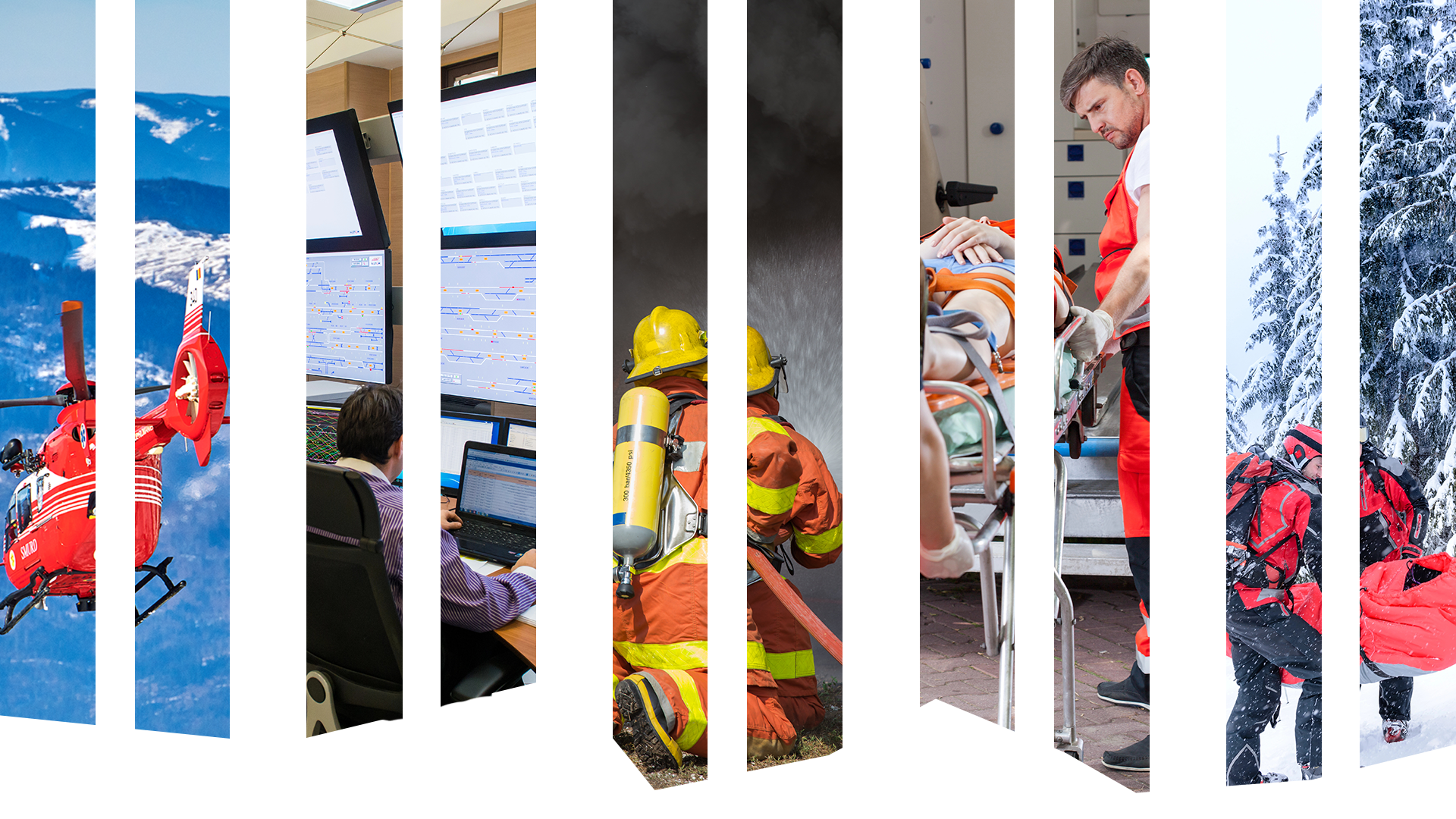The risks threatening the modern societies have become increasingly complex and generally require cross-sectoral cooperation due to reduced security as a whole. The global trends concerning climate change, mobilisation, conflicts, forced migration, and transferrable forms of violation are also linked to social media and citizens’ mobilisation/awareness. The widespread communicable airborne diseases heavily impact European societies’ protection efforts. The increased number of multi-facet disasters, incidents and forms of disorder and interruption threatened the sustainable and stable delivery of the citizens’ services, supply of goods, medicines, health and social care services, and utilities.
Download the report here: D_3_2_CRISPRO-WP2-case-studies_25122021_FINAL-AnNEX.pdf.
CRISPRO partners collected and analyses 22 case studies about disasters: extreme natural events, climate change, technological failure combined with the stationary chemical hazards and sociogenic behavioural stress, CBRN-communicable deceases related events, and violation events triggered by industrialisation and smartening of the systems and communities.
Analysed cases study demonstrates a multiple-threats approach is needy. Therefore, learning from practical experience and investing in prevention and learning from others shall be critical knowledge-based issues for gaining greater resilience of the societies.
Interoperability of early warning mechanisms is required to develop a new integrated safety and security culture, which is the centre of the societal resilience concept.
The best practices are outlined as the CRISPRO benchmarking approach to support decision-makers to create safety for societies and citizens.

